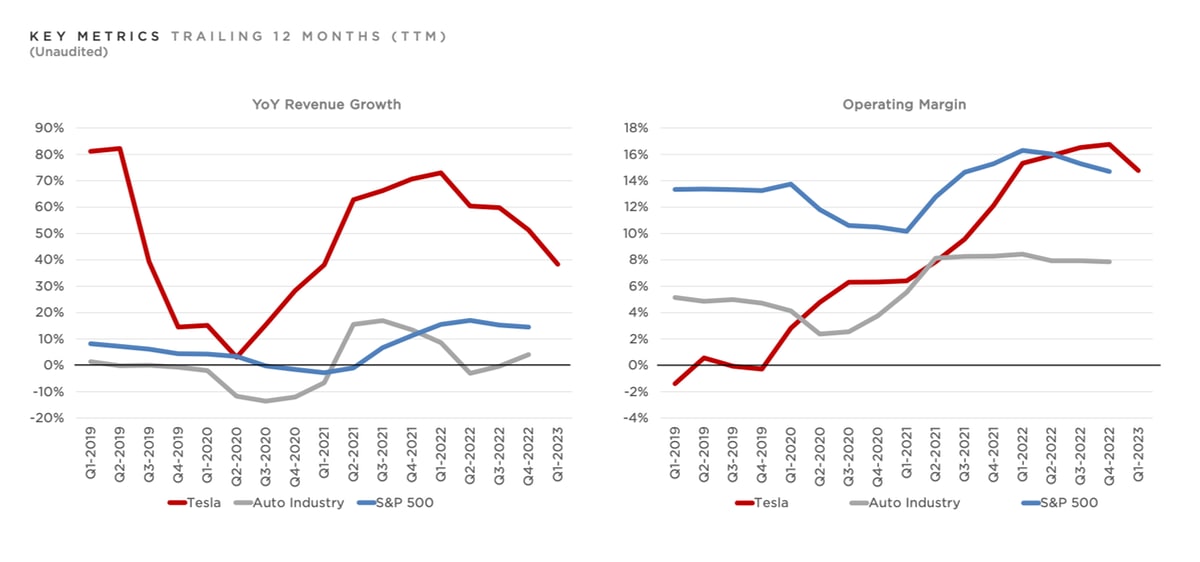EBay And Section 230: A Ruling On Banned Chemical Listings

Table of Contents
Understanding Section 230 and its Relevance to eBay
Section 230 of the Communications Decency Act of 1996 is a cornerstone of internet law in the United States. It shields online platforms from liability for user-generated content, a crucial provision allowing sites like eBay to operate without facing lawsuits for every potentially offensive or illegal item listed by a seller. However, this protection isn't absolute. Section 230's immunity is lost if a platform actively participates in creating or facilitating illegal activity. This is where the issue of banned chemical listings on eBay becomes complex.
How does Section 230 apply to eBay's efforts to remove banned chemical listings? The key lies in the distinction between passive hosting of user-generated content and active participation in illegal activity. If eBay merely hosts listings created by sellers, it generally enjoys Section 230 protection. But if eBay actively encourages or facilitates the sale of banned chemicals—perhaps through inadequate monitoring or intentionally lax enforcement of its own policies—it could lose this protection and face legal liability.
- Definition of Section 230: Section 230 protects online service providers from being treated as publishers or speakers of information provided by others.
- Key legal precedents: Cases like Zeran v. America Online have shaped the interpretation of Section 230, clarifying the boundaries of platform liability.
- Exceptions to Section 230 for eBay: If eBay knowingly allows the sale of banned chemicals and fails to take reasonable steps to remove such listings, it could potentially forfeit its Section 230 immunity.
eBay's Policies on Banned Chemicals and Restricted Items
eBay maintains detailed policies prohibiting the sale of a wide range of controlled substances and hazardous materials, including many banned chemicals. These policies are designed to protect buyers, sellers, and the environment. The platform employs various methods to identify and remove prohibited listings, including sophisticated algorithms, manual reviews by human moderators, and user reporting mechanisms. eBay also invests in educating sellers about prohibited items through its help center, seller forums, and proactive communication.
- Specific examples of banned chemicals: This includes, but is not limited to, certain pesticides, herbicides, precursor chemicals for explosives, and various other substances regulated by national and international agencies.
- eBay's verification and monitoring systems: eBay uses a combination of automated systems and human review to identify suspicious listings and flag potentially illegal items. This includes keyword filtering, image recognition, and seller history analysis.
- Consequences for violating eBay's policies: Violations can lead to warnings, account suspensions, and even permanent bans from the platform. Severe violations might also trigger legal action.
The Impact of a Ruling on Banned Chemical Listings on eBay's Operations and Liability
A court ruling that significantly limits eBay's ability to remove banned chemical listings could have profound consequences. The platform could face increased legal liability for harm caused by the sale of such substances on its site. This liability could extend to financial penalties, lawsuits from injured parties, and reputational damage. Further, it could strain eBay's relationship with regulatory bodies and increase the scrutiny it faces from lawmakers and consumer protection advocates.
- Potential financial penalties: Fines and legal costs associated with lawsuits could be substantial.
- Impact on regulatory relationships: A negative ruling could damage eBay's standing with regulatory agencies and necessitate significant changes to its internal processes.
- Changes to eBay's policies and practices: The platform might be forced to implement stricter controls, potentially impacting the ease and efficiency of listing items for sellers.
Best Practices for Sellers Regarding Banned Chemicals on eBay
Sellers on eBay must diligently comply with all platform policies and relevant legal regulations. Before listing any chemical product, sellers should thoroughly research applicable laws and restrictions at the local, national, and international levels. Misunderstanding regulations can lead to serious consequences, including legal penalties and account restrictions.
- Steps to take before listing a chemical product: Verify the legality of the product, obtain necessary permits or licenses, and accurately describe the chemical's properties and hazards.
- Resources for identifying banned substances: Consult government websites (e.g., EPA, OSHA), international chemical databases, and eBay's own help center for detailed information.
- Strategies for ensuring compliance: Maintain meticulous records, use clear and accurate product descriptions, and promptly respond to any inquiries from eBay or regulatory authorities.
Conclusion: Understanding eBay's Approach to Banned Chemical Listings and Section 230
The sale of banned chemicals on eBay presents a complex interplay between eCommerce, legal liability, and the protection afforded by Section 230. eBay's policies, while robust, walk a fine line between facilitating legitimate commerce and preventing the sale of harmful substances. Seller compliance is crucial, not only for avoiding penalties but also for maintaining the integrity and safety of the eBay marketplace. Staying informed about changes in regulations and eBay's policies regarding the sale of banned chemicals on eBay is paramount for both sellers and the platform itself. Further research into relevant legislation and best practices for online sellers is strongly recommended.

Featured Posts
-
 Lily Collins Face Card The Perfect Bob Brows And Nude Lip Combination
May 12, 2025
Lily Collins Face Card The Perfect Bob Brows And Nude Lip Combination
May 12, 2025 -
 The 2025 Resi Awards A Celebration Of Excellence
May 12, 2025
The 2025 Resi Awards A Celebration Of Excellence
May 12, 2025 -
 Telus Q1 2024 Profit Soars Dividend Increased
May 12, 2025
Telus Q1 2024 Profit Soars Dividend Increased
May 12, 2025 -
 Spotting The Consistent Easter Egg Across Adam Sandlers Movies
May 12, 2025
Spotting The Consistent Easter Egg Across Adam Sandlers Movies
May 12, 2025 -
 The Benny Blanco Selena Gomez Theresa Marie Triangle Fact Or Fiction
May 12, 2025
The Benny Blanco Selena Gomez Theresa Marie Triangle Fact Or Fiction
May 12, 2025
Latest Posts
-
 Mtv Cribs A Look Inside Mind Blowing Mansions
May 12, 2025
Mtv Cribs A Look Inside Mind Blowing Mansions
May 12, 2025 -
 The Most Impressive Beach Houses On Mtv Cribs
May 12, 2025
The Most Impressive Beach Houses On Mtv Cribs
May 12, 2025 -
 Experience Ill House U Neal Mc Clelland And Andrea Loves Electrifying Dance Track
May 12, 2025
Experience Ill House U Neal Mc Clelland And Andrea Loves Electrifying Dance Track
May 12, 2025 -
 High End Beach Homes As Seen On Mtv Cribs
May 12, 2025
High End Beach Homes As Seen On Mtv Cribs
May 12, 2025 -
 Jessica Simpson And Eric Johnson Hanging Out Despite Split Announcement
May 12, 2025
Jessica Simpson And Eric Johnson Hanging Out Despite Split Announcement
May 12, 2025
